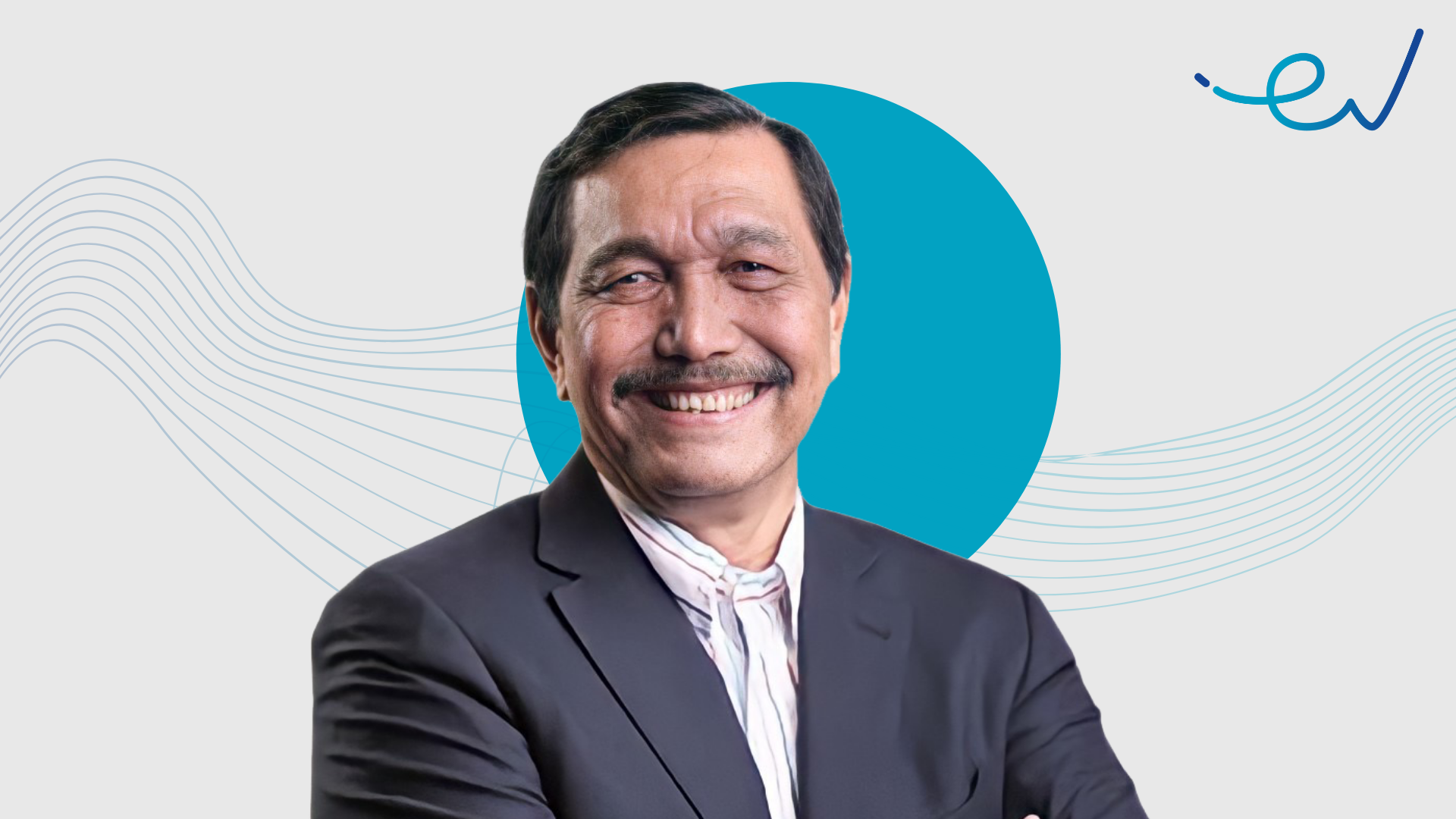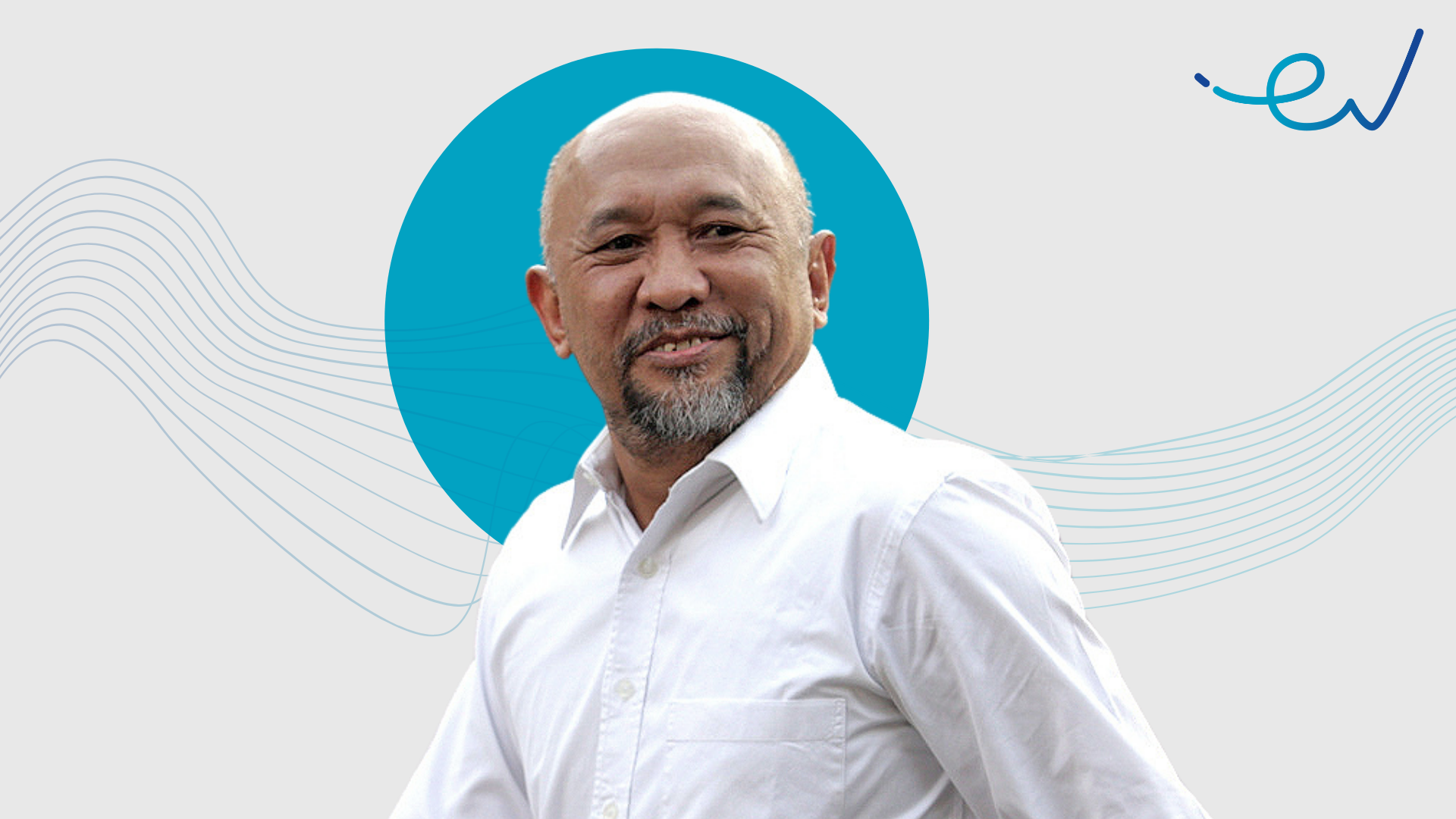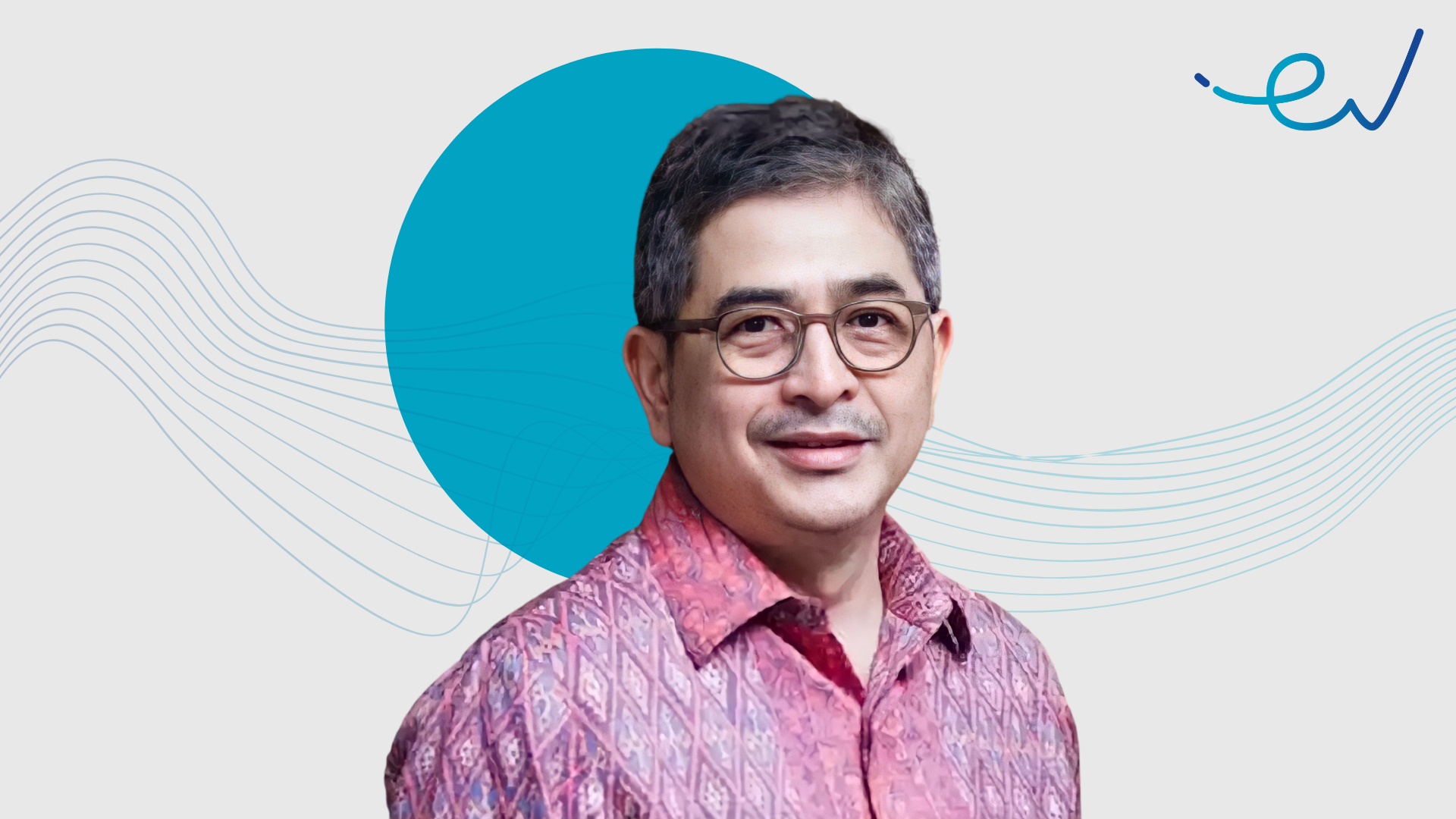InsightsPerspectives
Towards Indonesia’s digital golden era
In 2022, Indonesia is entering its golden digital economy era. For the past two years, the digital industry is experiencing rapid growth as a result of the pandemic acceleration. Not only did the internet penetration increase significantly, but society’s awareness to further utilize the digital…










